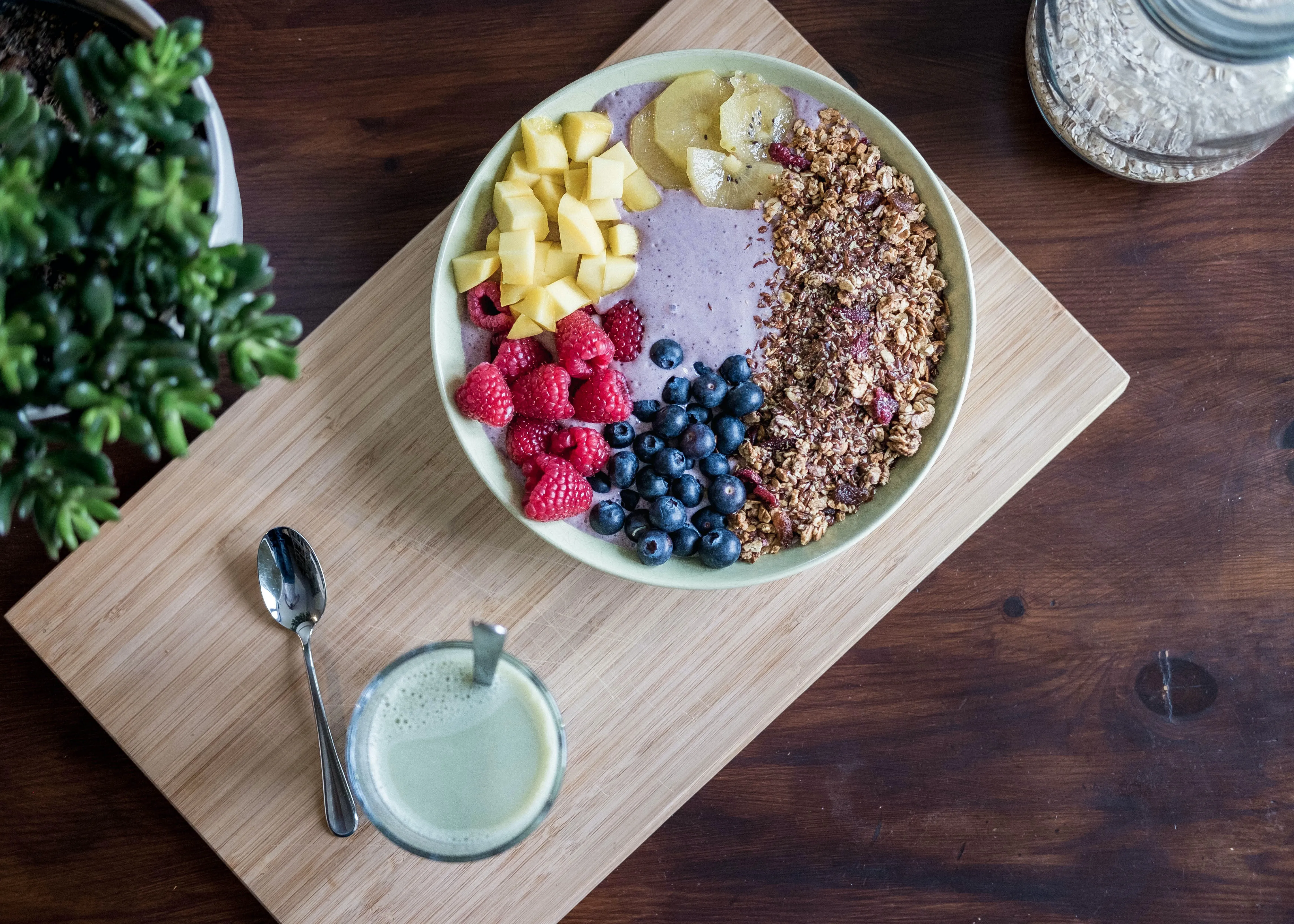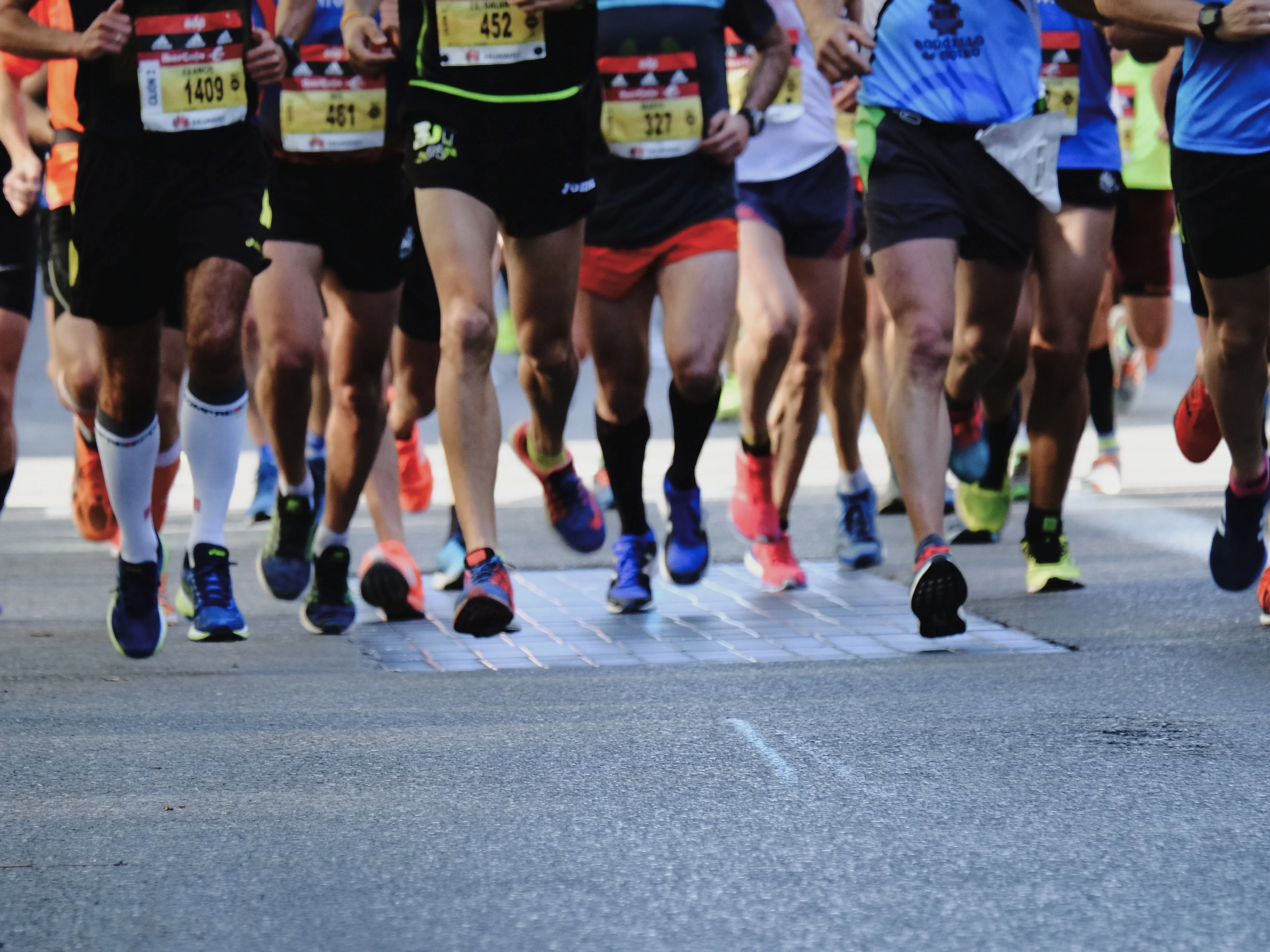
Whether you’re a sprinter, a marathon runner, or someone who hits the track for passion and fitness, the balance of your nutrition plays a central role in shaping your performance. Food is indeed a fuel for your body, but are you fueling it right?
Why Supplements?
Eating a balanced diet supplies most of the essential nutrients your body needs, but the demands of running often necessitate an additional input. This is where supplements come into play. They are not meant to replace your meals but to complement your diet with enriched sources of nutrients. They help maintain optimal health, enhance recovery, and, more importantly, improve your running performance.

Key Supplements for Runners
While there’s an array of dietary supplements available in the market, not all of them are beneficial for runners. It’s crucial to understand your needs and pick the supplements that can actually make a difference.
1. Protein Powders
Protein is vital for the repair of muscle tissue, which you damage during running. It means proper protein intake leads to quicker recovery and strength gains. Whey, casein, and plant-based proteins are the most common sources.
2. Iron
Iron’s role in hemoglobin production makes it a crucial supplement. More hemoglobin means more oxygen transported to your muscles and hence better performance and endurance.
3. Calcium and Vitamin D
These two work hand-in-hand for stronger bones, which are integral in running. They protect against stress fractures, especially in female runners.
4. Omega-3s
Omega-3s are good fats known for their anti-inflammatory properties, vital for runners who are prone to inflammation and joint pains.
5. Probiotics
A healthy gut means better digestion and absorption of nutrients. Probiotics help maintain a healthy digestive system, positively influencing your running routine.

Timing and Dosing
The effectiveness of a supplement greatly depends on when you take it and in what quantity. Here’s a rough guide for optimal intake:
1. Protein Powders
Consuming protein immediately after your run can help speed up the recovery process. Around 20-30g is the suggested serving.
2. Iron
The best time to take iron supplements is in the morning on an empty stomach. But if it irritates your stomach, take it with meals instead.
3. Calcium and Vitamin D
Take these together either with a meal or before going to bed. Usually, 1000mg of Calcium and around 800-1000 IU of Vitamin D is recommended.
4. Omega-3s
These can be consumed with meals, once or twice a day.
5. Probiotics
It’s best to take these on an empty stomach when stomach acid levels are low, allowing the probiotics to get to your intestines undamaged.
Final Note
While supplements can help, they are not miracles in a bottle. Regular training, a balanced diet, sufficient sleep, and a positive mindset are equally, if not more, important. It is also essential to consult with your doctor or a registered dietitian before beginning any supplement regimen as individual needs can vary. Before you purchase, has the supplement undergone third-party testing for safety and effectiveness? Prioritize quality over everything else, your body deserves the best. Start enhancing your performance today, take the right step towards the finish line! Still brimming with questions? Shoot us a comment or email, and we’ll get back to you with expert insights. See you on the track!



